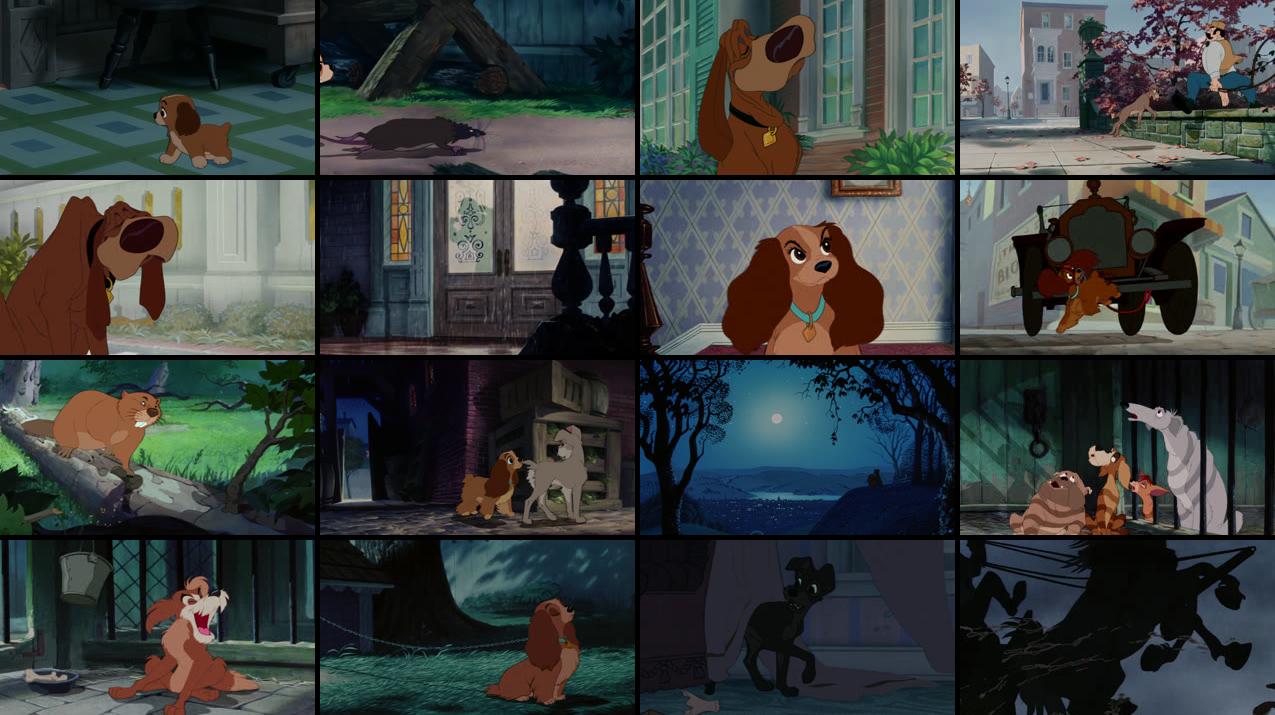

In the Guardian, Jonathan Romney (2000) wrote, "Quek's refusal to cohere as a subject is contingent on the fact that there's apparently no one looking at her: director Lewis is curiously absent, as either a character or as an invisible shaping intelligence. The film's North American release was halted or minimized as a result of a court case in the Superior Court of Canada instigated by David Whitten, a B-movie distributor. The documentary became a hit when it was released at the Sundance Film Festival, nominated for the Grand Jury Prize. The film also includes footage of a painful conversation in Singapore between Annabel and her mother, who, until then, didn't know about her daughter's porn career.

The documentary reveals to the viewers that she was gang raped as a student living in London and describes her many complex emotional issues, including signs of depression, self-harm, and substance abuse. It focuses on her reasons for working in porn, and her relationship with friends and family.

The documentary explores Quek's experiences, presenting her life as a student in Los Angeles, California and London her native Singapore and in the porn industry. Īfter the film's release, Quek criticised Lewis for misconstruing multiple events in the film and portraying events in a "misleading" way. A video of the event was released under the title The World's Biggest Gang Bang. Annabel Chong, then a gender studies student at the University of Southern California, famous for setting a gang bang record in January 1995. The film profiles pornographic film actor Grace Quek, a.k.a. Sex: The Annabel Chong Story is a 1999 documentary film directed, filmed, and produced by Canada-based producer Gough Lewis, edited by co-creator Kelly Morris, and produced by Peter Carr.


 0 kommentar(er)
0 kommentar(er)
